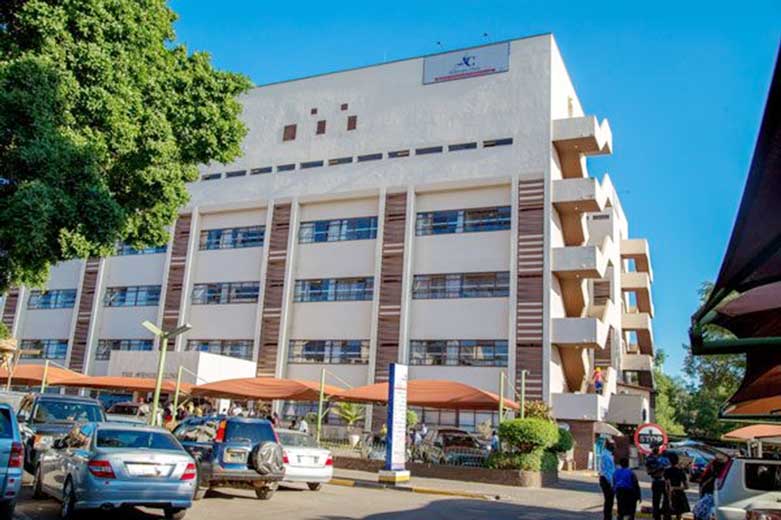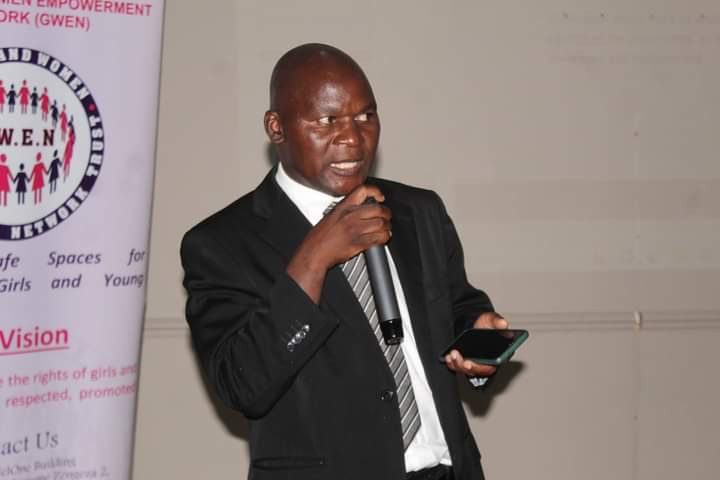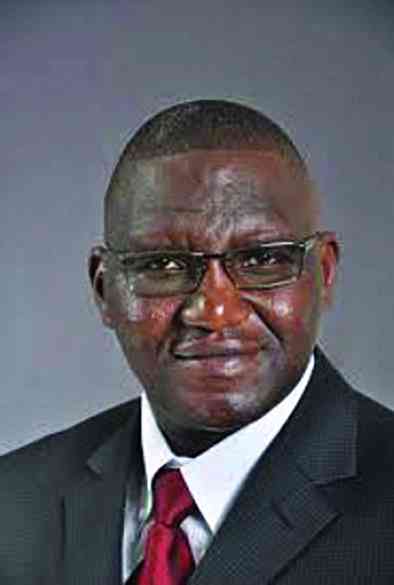
BY SHAME MAKOSHORI
LAST week, Avenues Clinic, one of the country’s largest health service providers, began rejecting some patients on Zimbabwe dollar medical aid schemes.
It was the latest blow to domestic consumers, who have been confronted by many problems since the country returned the Zimbabwe dollar as a medium of exchange in 2019, taking over from the multicurrency system that had existed for a decade.
The move also shows how far confidence in the Zimbabwe dollar has fallen among businesses, especially service providers who may only get payment from medical insurers after three months.
The domestic currency has struggled to hold its ground against major currencies, forcing businesses and consumers trading in the Zimbabwe dollar to find ways of skirting around potential troubles associated with its loss in value.
First Mutual Holdings, which runs a medical aid facility, issued a circular last Friday spelling out the new development, as it became clear medical service providers were overstretched by the currency crisis.
“First Mutual Health wishes to advise members that we are in the process of re-negotiating our service contract with the Avenues Clinic to address challenges brought about by the current economic environment,” it said.
“While these negotiations are underway, our service arrangement with the Avenues Clinic has temporarily been suspended for members paying ZWL contributions, and the hospital will not be providing services to our ZWL members for the time being,” First Mutual added.
- Chamisa under fire over US$120K donation
- Mavhunga puts DeMbare into Chibuku quarterfinals
- Pension funds bet on Cabora Bassa oilfields
- Councils defy govt fire tender directive
Keep Reading
But advocacy groups said the problems, while genuine, also resulted from lack of regulation in the medical services sector.
Community Working Group on Health (CWGH) director, Itai Rusike was quoted calling for regulation of Medical Aid Societies.
“When a country does not have a strong public health system, when a country depends on external partners for funding critical areas and when a country depends on the private sector and mission institutions to offer both primary and higher-level services — then these are the results that we see! Maybe what this is all pointing to is the need for a well-defined and well-crafted National Health Insurance. Separation of functions is very weak, for example, two of the biggest Medical Aid companies in the country are both fund managers and providers of care, making it difficult for them to focus on their core business of pooling resources and purchasing services on behalf of their clients,” Rusike was quoted as saying on Friday.
“Sickness always comes unexpectedly and when sick people have no freedom or luxury to make choices — what they want is care and nothing else — this desperation is then taken advantage of by providers of care,” he added.
Consumers and corporations have had to quickly buy United States dollars once they earn Zimbabwe dollars, in order to store value, while in recent months, companies’ push towards selling in United States dollars have increased, triggering an outcry.
The outcry stems from the fact that the majority of formally employed Zimbabweans earn their salaries in the domestic currency but buy goods and services in United States dollars.
Already several critical requirements including rentals, school fees, paying for Zimbabwe’s high tolling system and taxes have been increasingly made in United States dollars.
Analysts say it is a completely different ball game once medical facilities demand US dollars for their services.
“It spells doom for the general public who have no means to earn US dollars,” said Tapiwa Sibanda, an analyst at Trade Winds.
“We saw this from 2006 to 2008 when the Zimbabwe dollar collapsed, people were struggling to access US dollars, and the results were disastrous. Many were affected, or died from aliments that could normally be treated,” Sibanda told Weekly Digest, noting that it was time authorities intervened to stem a fresh wave of needless deaths and suffering,” he added.
“This year alone, the Zimbabwe dollar has surrendered about 30% of value against the US dollar, and we foresee more trouble as the foreign currency crisis continues in the coming year,” he added.
At the centre of the problems is the rapid depreciation of the currency against the United States dollar, which has seen it surrendering one of money’s most important characteristics — the ability to store value.
He spoke as some enterprises, while still accepting Zimbabwe dollars for their services, began looking for ways to generated hard currencies to defend their operations from the economic crisis, which has also been highlighted by skyrocketing and mounting inflation.
Annual inflation increased to 96% in April, from 72% in March, with economists projecting the rate will be well above 100% by June.
Telecel Zimbabwe, one of the country’s three mobile phone firms, said last week it was introducing US dollar-denominated bundles to clients.
This comes two weeks after it launched its “Dollar on Us” promotion.
The USD bundles will be for data, voice as well as SMS, Telecel said.
Marketing director Christopher Rubatika said: “The bundles are available on *480# and they come in different denominations that suit each and every pocket”.
In a way, Telecel was aware of the troubles that consumers face in raising US dollars, and wants to find ways of making access to its services affordable by many, while ensuring it earns US dollars to keep the network running.
“The introduction of USD bundles is a way of cushioning our valued customers against inflation. As is the norm, our bundles are affordable and varied offering a choice to all segments of our customer base,” according to Angeline Vere, chief executive officer at Telecel.
Last week, Africa Economic Development Strategies (AEDS) said the problems that Zimbabweans were facing were an indication of worse things to come. It said Zimbabwe’s economy may collapse if urgent steps were not taken to halt the fast-paced deceleration of the domestic unit.
In the event that it survives blowbacks from serious policy missteps, Zimbabwe’s gross domestic product (GDP) would expand at a much slower pace than official projections, it noted.
“Disparities between the official exchange rate and black-market rate pose serious risks of instability if not urgently addressed,” said Gift Mugano executive director at the think tank.
“In view of the foregoing, the 2022 economic outlook is gloomy,” Mugano said. “Food prices are expected to rise sharply because Russia is the biggest producer of wheat. For Zimbabwe, since the country is experiencing drought, this will feed into imported inflation,” he added.
“These risks, combined, pose serious risks on the local currency. Put differently, these risks will result in loss of foreign exchange, which will result “in exchange rate spikes and a surge in inflation, which will lead to currency erosion,” he said.
“By June 2022, the parallel market rate will shoot to above US$1:$500 while the official rate (interbank rate) is expected to be around $350 per US$1. Widening disparities between the official exchange rate and parallel market rate and sustained inflationary pressures to mid-2022 will result in the collapse of the auction system and full dollarisation,” he said.
- This story was taken from the Weekly Digest, an Alpha Media Holdings digital publication










